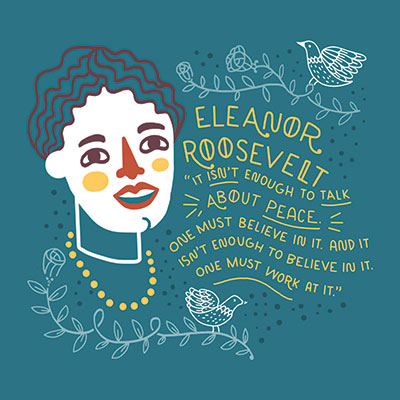THIS month is International Women’s Month and women and men alike stand in solidarity to observe the contributions of women and girls across the world throughout history and in present times. Purple is the standard colour for women’s day and month and as such, persons would also wear that colour throughout the month to observe its significance.
You’ll also find many women-empowerment rallies, forums and events. Persons would also use this month to colour their social media feeds with the colour purple and/or women-empowerment posts. Purple Ribbons also symbolise the solidarity and stance we take with women across the world who are victims of harassment, domestic violence and other violent crimes. By now, you probably realise the direction in which this article is heading by reading the title, so why don’t we just dive right into it?
All of this is good. It’s great that there is a specific day and month that are dedicated to women and their contributions across the world. We deserve all of it. We deserve this but we also deserve much more. Women alongside their rights and responsibilities are still being challenged by traditional cultural and societal expectations.
Thirty-five percent of all women globally have experienced some form of violence from their partners, an average of 137 women are killed daily by a family member, 15 million adolescent girls worldwide (between the ages of 15-19) have experienced forced sex—these and many other statistics prove that there are bigger fishes to fry when it comes to women’s rights and issues.
These issues alongside a misogynistic collective culture, gender stereotypes, gender-based violence and abuse and even forced marriages in Guyana should be top-tier priorities. These statistics represent real women across the world with real issues. It’s saddening to even fathom that in this day and age, women in many countries are considered second-class citizens compared to men. The next time you consider to host another “purple event”, I’d like you to ask yourself this: “Who will be the beneficiaries of this event?” “Will I benefit from this or women in need?” Surely enough, hosting a “purple event” is great, but if that’s your only path to social justice, then your activism is weak and quite frankly, lazy.
Are we really hosting these events because we are sure they will help women? Or, are these events the quickest and easiest route to get something done in time for Int’l Women’s Day? Is your activism solely based on show and tell? Political and legal reforms are still needed in Guyana.
The lack of addressing issues of intersectionality amongst women in Guyana is needed. The acknowledgement of how traditional Caribbean culture contributed to the oppression of women in Guyana is needed. More programmes and projects that promote the inclusivity of women and girls in all sectors of social life is needed. These implementations cannot be done in a day; they take years upon years.
These are macro-policy making agendas, but as an individual, your voice can be even more powerful than these. You may wear your Purple Ribbon to stand with women who have faced violence against men, but if you don’t report the crimes of your neighbour whenever you hear his wife cry when he’s beating on her, then wearing that ribbon was for nothing. If wearing purple clothes automatically made women equal to men, then I would gladly wear them every day for the rest of my life. So, don’t you think for a second that purple ribbons will get the job done. Sadly, it’s not that simple.




.png)









